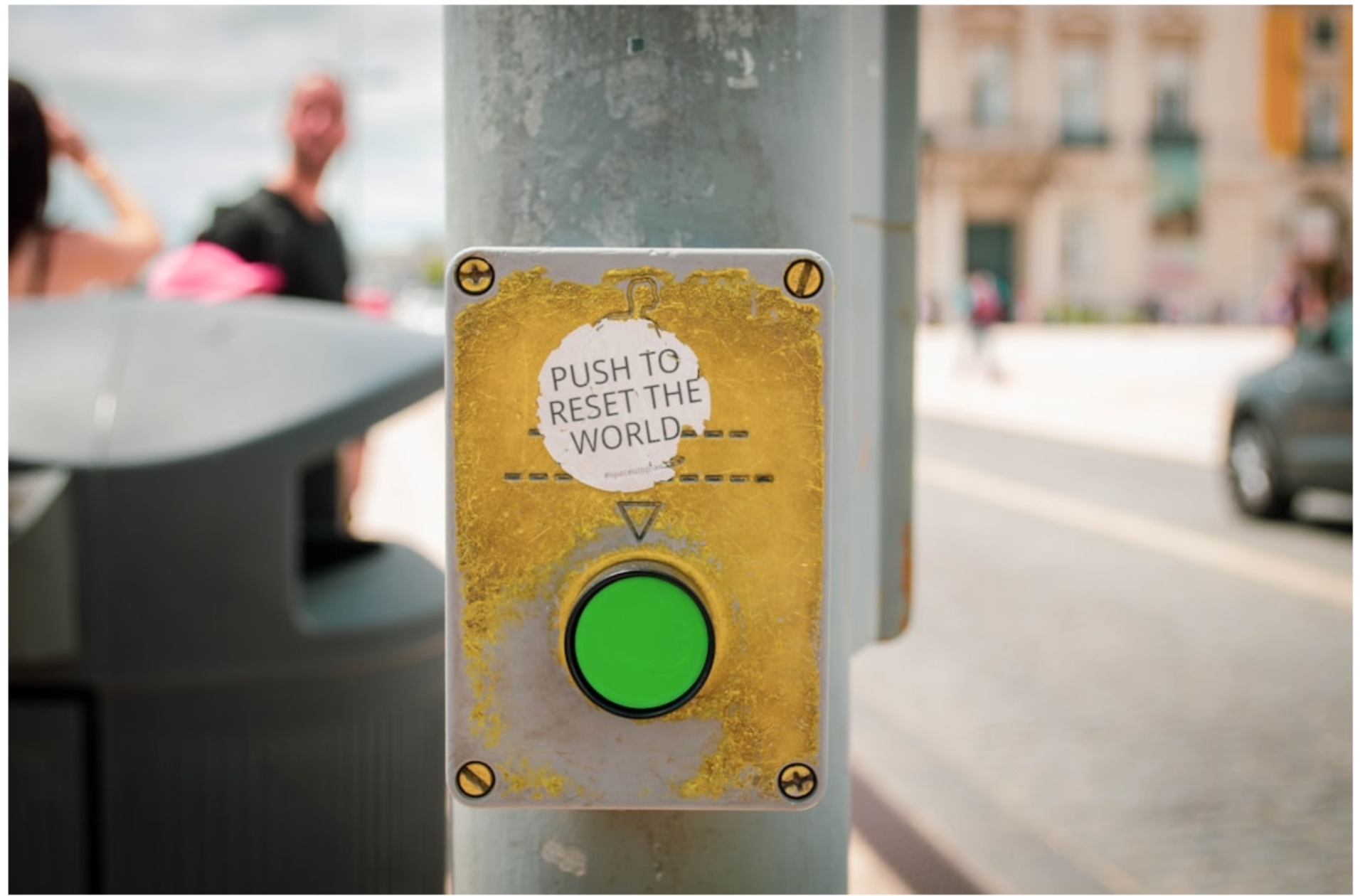Work Diary on Upwork:
How It Works and
What You Must Know
Hourly pay on Upwork isn’t just “turning on a timer.” It’s a system that can guarantee payment even if something goes wrong on the client’s side — but only if you keep your Work Diary correctly. Below is a practical, myth-free guide.
Time Tracker: what it records and how it works
Upwork splits time into billing segments—10-minute blocks. In each block the tracker
- takes one random screenshot;
- logs activity: keyboard, mouse, clicks;
- rates that activity (shown as green squares).
From experience: if you switch windows (Figma → browser → Slack) the tracker may take an extra screenshot to capture the context change. This isn’t in the docs but happens.
Also: the tracker stops automatically after 10 minutes of no input. The flip side — if your cat walks across the keyboard or kids click the mouse while you’re away, a weird screenshot can slip in. Check manually before leaving the tracker unattended.
Screens, memos, activity bars — all land in the Work Diary. Those entries are your safety net.
Who views your Work Diary — and why
Most freelancers keep the diary themselves, so quality is on you. Clients can open it anytime, usually at the start of a contract or if questions arise about hours or deliverables. Assume a client could look in at any moment.
Clients get a review window — Monday 12:00 UTC to Friday 23:59 UTC — to delete or dispute hours. If they don’t, payment is locked in automatically.
Inside our team, managers also glance at diaries weekly, right before the Monday deadline. They’re not micromanaging — just checking that memos make sense, activity is steady, no empty or odd screenshots appear.
Memo = a short note on what you did (“UI update — settings screen,” “debug checkout,” “competitor analysis”). Avoid generic “work” or “design.” Good memos show clients where time went and keep you covered by Hourly Payment Protection.
If you’re a solo freelancer, you are the manager — so keep everything compliant.
How Upwork audits diaries
Two scenarios trigger a review:
- Payment-failure review. Monday’s invoice goes out, but for four days Upwork can’t charge the client (no funds, expired card). Upwork must decide whether to pay you itself. If every 10-minute block meets the rules—memo, activity, relevant screen—Upwork covers those hours; any bad block is removed and unpaid.
- Compliance review. Not tied to payment: if a client or freelancer is flagged, Upwork may check all contracts and diaries, even hours already approved. Violations can mean refunds to the client and claw-backs from you. Reviews can repeat until everything is clean.
Hourly Payment Protection
- Hourly contract only—fixed-price isn’t covered.
- Identity Verified badge on your profile.
- Client’s payment method verified before tracking starts.
- Profile in good standing. Any suspension in the past 90 days voids protection.
- Hours logged via Upwork Desktop App.
- Screens show actual work (code, Figma, docs yes; YouTube/socials no).
- Memo + activity label for every 10-minute block.
- Live activity. Upwork treats > 40 % activity bar as sufficient.
- Within weekly hour limit.
Over-weekly-limit hours
The weekly limit is set by the client. If you exceed it, hours still appear on the invoice but aren’t protected. During the review window the client can untick “Allow over-limit hours.” If they leave it ticked, those hours are paid.
If you’re nearing the cap, discuss raising the limit, moving tasks to next week, or adding a bonus.
Manual time— when to use, when to avoid
Manual time = adding hours by hand (forgot the tracker or dislike screenshots). It works only if the client allowed manual time when creating the contract. But manual time is about trust: it is not protected. If the client vanishes, Upwork won’t cover those hours.
What about fixed-price contracts?
You can run the tracker on a fixed-price job. Not required, but allowed. Screens + memos prove you really worked—useful in disputes. Note: after you close a fixed-price contract, diary access disappears.
Conclusion: discipline builds reputation
Work Diary is more than a timer—it’s structured workflow and transparency. Clear memos, steady activity, relevant screens form your macro-reputation. Keep the diary clean and Upwork will have your back if something goes wrong.
More Articles

How SEO Is Changing in the Age of AI
21-10-2025
AI is transforming search. Learn how SEO evolves into AEO and GEO — where visibility means being cited in AI answers, not just ranked in results.

Keeping the Human Mind Sharp When AI Can Do It All
16-10-2025
AI makes work easier, but thinking harder. Learn how to stay creative, critical, and human in the age of intelligent machines.

AI Workslop: Why Businesses Pay Freelancers to Fix AI
07-10-2025
AI speeds up work but often creates “workslop” - results that look complete yet lack value. Freelancers are the ones turning them into quality.

Disney Creative Strategy: How Ideas Become Reality
03-10-2025
Disney Creative Strategy: dream, plan, critique — a tool to guide ideas from imagination to real-world results.

Upwork Boost: Increasing Freelancer Profile Visibility
29-09-2025
Discover how Upwork’s Available Now badge and Profile Boost work, their costs, pros and cons, and which boost is best for freelancers or agencies.

10 Posts to Help You Get Started on Upwork
29-09-2025
We’ve gathered a set of articles to guide you through the essentials — from setting up your profile to building long-term client relationships.

Etcetera summer 2025 report
26-09-2025
Etcetera summer 2025 results: quiet season, new team members, shifting Upwork rules, and plans for an active autumn.

Upwork Feedback: a trust tool you should learn to read and write
22-09-2025
Upwork feedback is more than stars — it builds trust, shapes reputation, and guides choices. Learn how to read, request, and write reviews effectively

7 Hats: a thinking tool that saves time and nerves
08-09-2025
Instead of mixing emotions, facts, and criticism in chaos — this method by Edward de Bono helps separate thinking modes.

Upwork: From Simple Fees to Pay-to-Play
29-08-2025
Discover how Upwork’s fees evolved from flat 10% to a pay-to-play model with Connects, boosts, and variable 0-15% commissions in 2025.

Upwork Reset 2025: How to Refresh Your Freelance Strategy
25-08-2025
Discover 5 practical steps to reset your Upwork strategy in 2025: update skills, rethink pricing, optimize proposals, and grow with the market.

How to Build a Team That Won’t Fall Apart in a Crisis
22-08-2025
How to build a strong team that survives crises: Denys Safonov shares lessons from 11 years of leading the agency Etcetera through global challenges.
